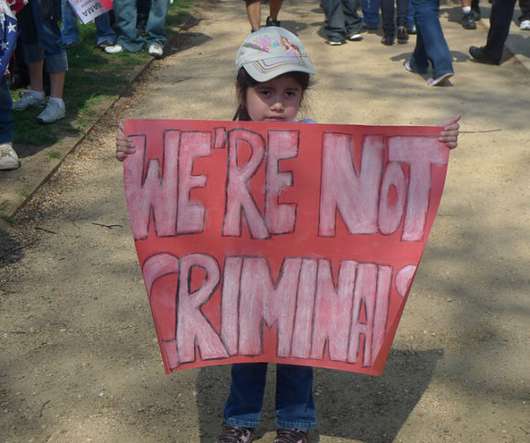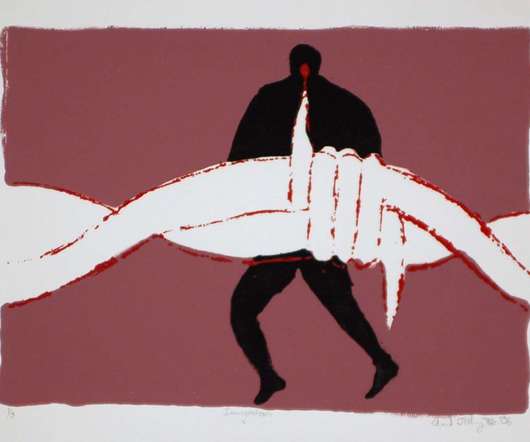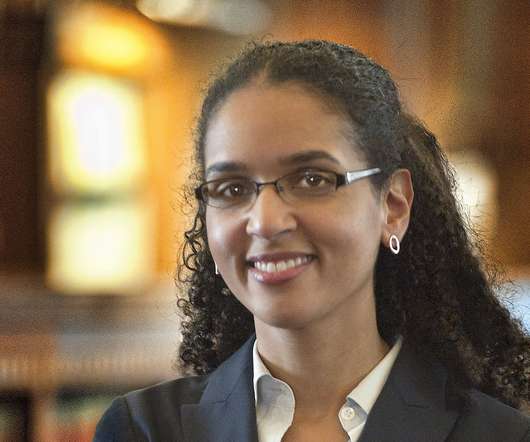‘Jailhouse Screening’ Puts Undocumented Immigrants at Greater Risk: Paper
The Crime Report
MAY 28, 2021
immigration enforcement has largely shifted from the street to jails, resulting in overreach and an increase in incarceration, according to a North Carolina law professor. Jailhouse screening” was supposed to speed up immigration processes and identify undocumented immigrants who posed a threat to public safety.














Let's personalize your content